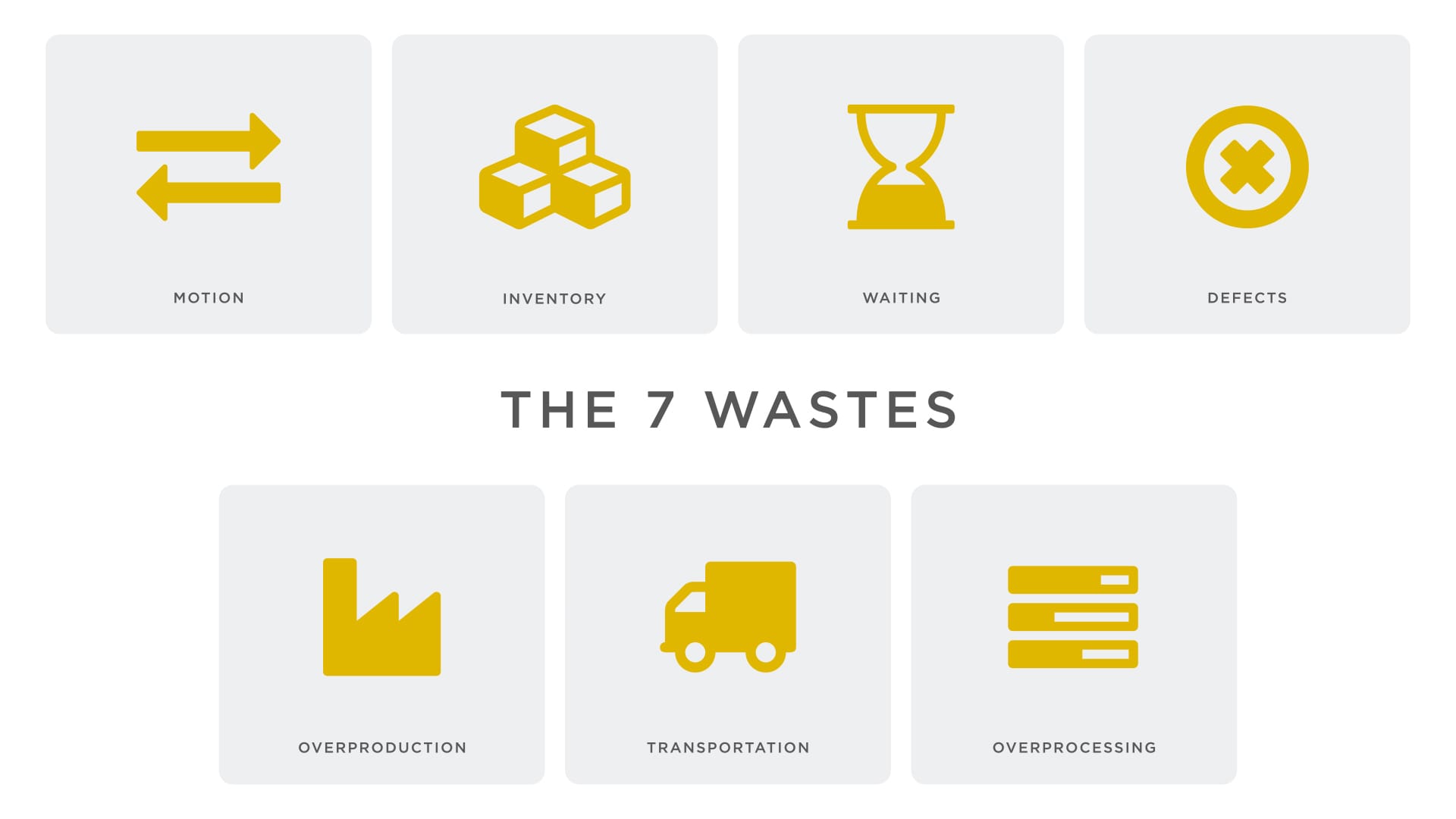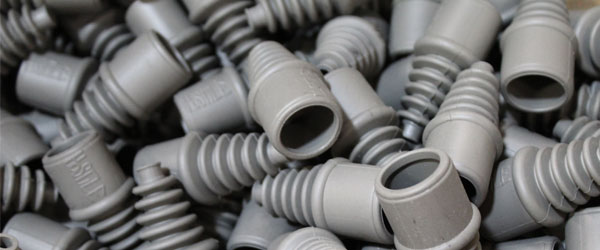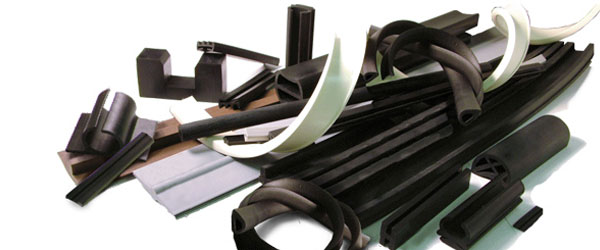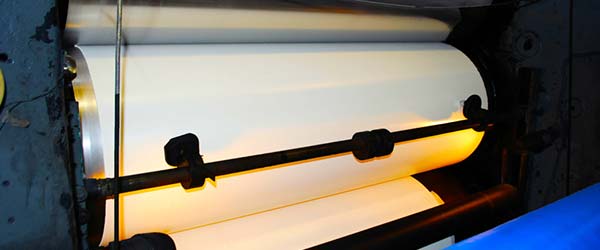Muda is a Japanese term that refers to any type of waste or inefficiency in a process. It is commonly used in the context of lean manufacturing, which is a management philosophy that aims to eliminate waste in all forms to improve efficiency and productivity.
There are seven types of muda, or waste, that are typically identified in lean manufacturing:
- Overproduction: producing more than what is needed, which leads to excess inventory, storage costs, and wasted resources.
- Waiting: when people or equipment are idle due to a lack of resources or inefficient processes, which leads to delays, increased lead times, and lost opportunities.
- Transportation: unnecessary movement of goods or people, which leads to wasted time, energy, and resources.
- Processing: performing unnecessary steps or tasks that do not add value to the final product or service, which leads to wasted effort, time, and resources.
- Inventory: maintaining excess inventory, which ties up capital, takes up valuable space, and increases the risk of damage, obsolescence, or loss.
- Motion: unnecessary movement of people or equipment, which leads to wasted energy, time, and resources.
- Defects: producing defective or substandard products, which leads to additional costs, rework, and lost customer goodwill.
To eliminate muda, lean manufacturing emphasizes the need to continuously improve processes by identifying and eliminating waste. This requires a commitment to a culture of continuous improvement and a focus on value-added activities that meet the needs of customers.
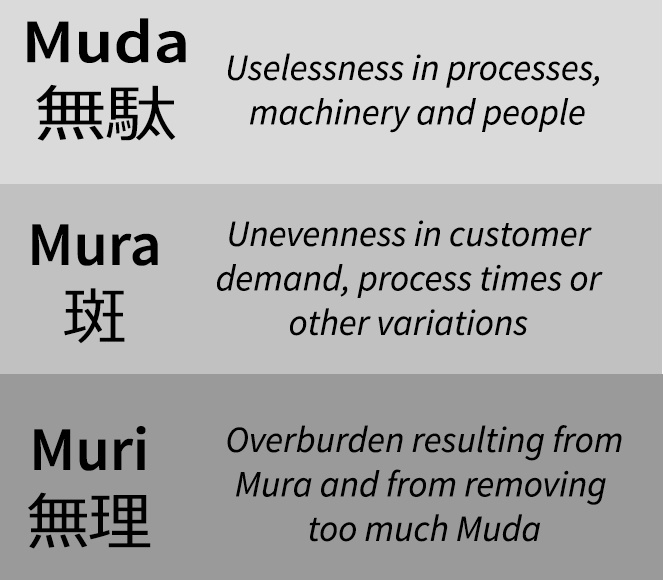
 (909) 987-1774
(909) 987-1774 Email Us
Email Us





